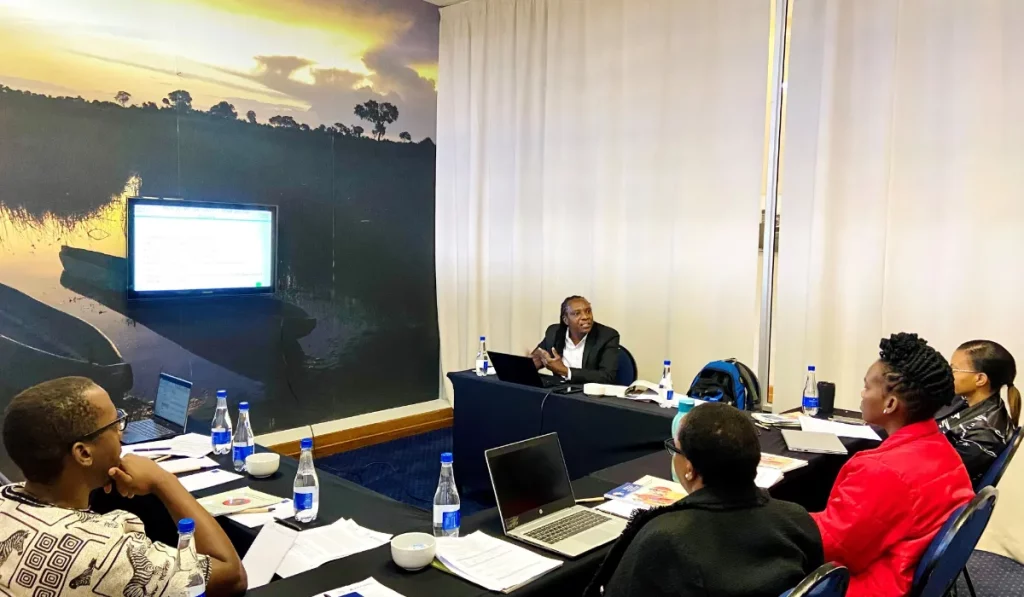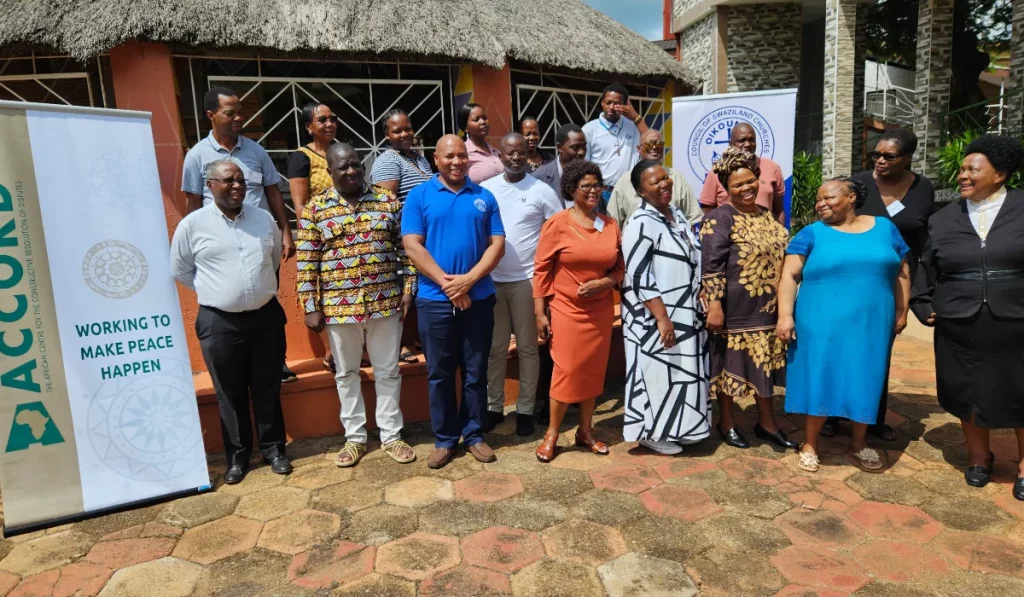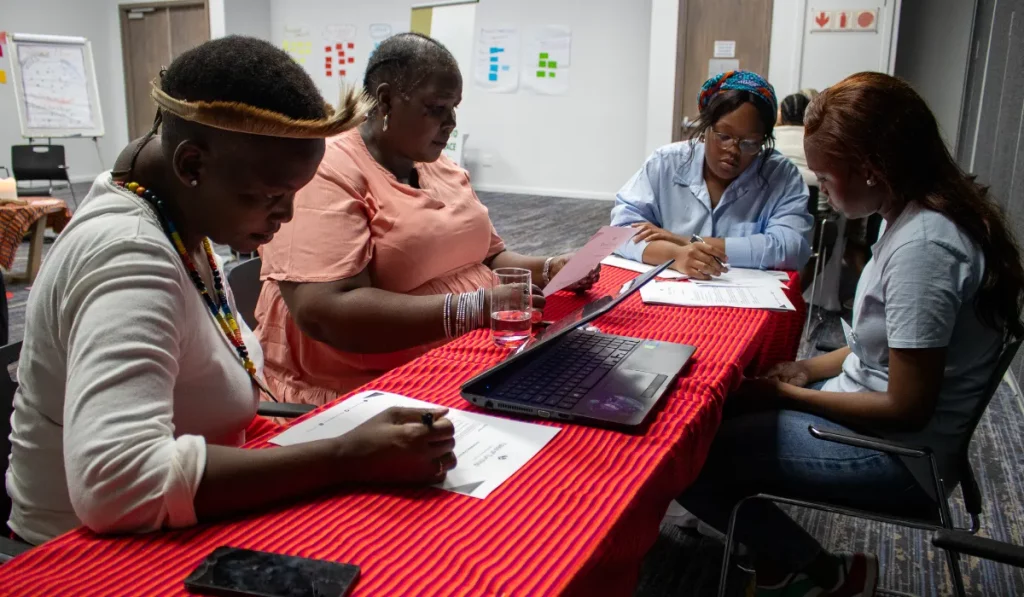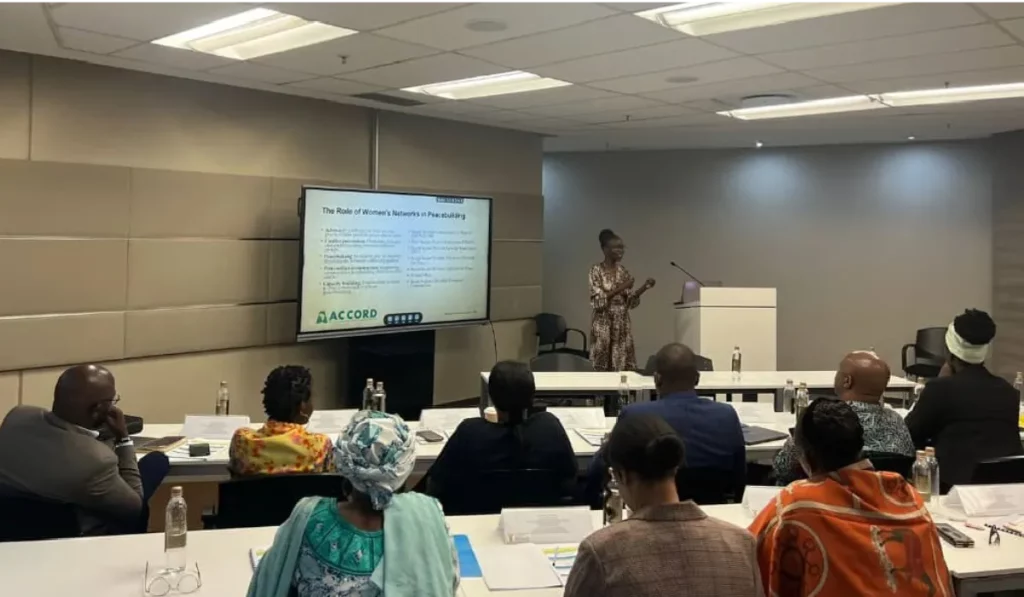Country-specific information and reports shared by participants at the annual meeting of the Global Partnership for the Prevention of Armed Conflict (GPPAC) Southern Africa Regional Steering Committee indicated that the key issues threatening stability and human security across the region include a democratic deficit, pre- and post-electoral tensions and violence, and challenges around disarmament and reintegration of former combatants.
On 1 August 2013, 11 members of GPPAC Southern Africa Network met in Pretoria, South Africa to discuss key peace and security challenges in the region, and strategise on how the regional network can best contribute to addressing these in the coming two years. The meeting, which was attended by network members from Angola, Botswana, Madagascar, Mozambique, Namibia, Swaziland, Zambia and Zimbabwe, was succeeded by a participatory day-long workshop on conflict analysis for the same participants which was held on 2 August. The workshop was facilitated by ACCORD’s Deputy Director, Jerome Sachane.
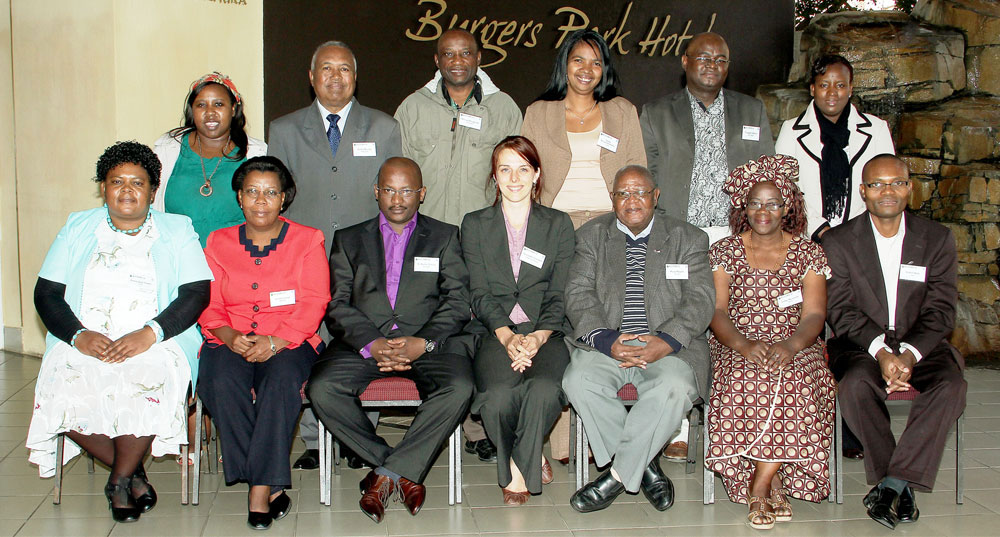
The Steering Committee also took the opportunity to develop a workplan to guide implementation of activities during 2014 and 2015. The draft plan included activities geared at providing training for journalist on conflict-sensitive reporting, enhancing levels of voter education and supporting capacity building in peace and security issues for grassroots organisations. Plans were also made to host exchange visits to support members from Angola, Mozambique and Namibia to learn from each other’s work in addressing the needs of former combatants.
The training workshop that followed the meeting aimed to share information on conflict analysis methods, to build participants’ capacity to understand and act on the long-term structural causes of conflict and how those might eventually result in violence and social breakdown, and to identify immediate causes of emerging crises through application of early warning systems. Participants were also afforded opportunities to share and learn from practical experiences of situations where conflict analysis has been used to curb or reduce violence.
GPPAC is a member-led network of civil society organisations (CSOs) active in the field of conflict prevention and peacebuilding. GPPAC works through 15 regional networks across the world. Members include representatives of local, regional and international civil society organisations and networks involved in the relevant fields. Wherever possible, the network engages in active partnerships with governments, intergovernmental and private sector organisations and other relevant stakeholders to pursue conflict prevention and peacebuilding activities.
ACCORD has been a member of GPPAC since 2005, but revitalised its engagement in the initiative in 2011. The institution forms part of the re-constituted 11-member regional network for southern Africa, and also hosts and coordinates the regional secretariat.
The meeting and capacity building event contribute to GPPAC’s objective of facilitating the exchange of peacebuilding information and experiences among network members, while providing valuable opportunities for participants to interact and develop joint strategies for the prevention of conflict in southern Africa.


